Unsung Hero: Bob Black’s Many Behind the Scenes Contributions to Soccer in the United States
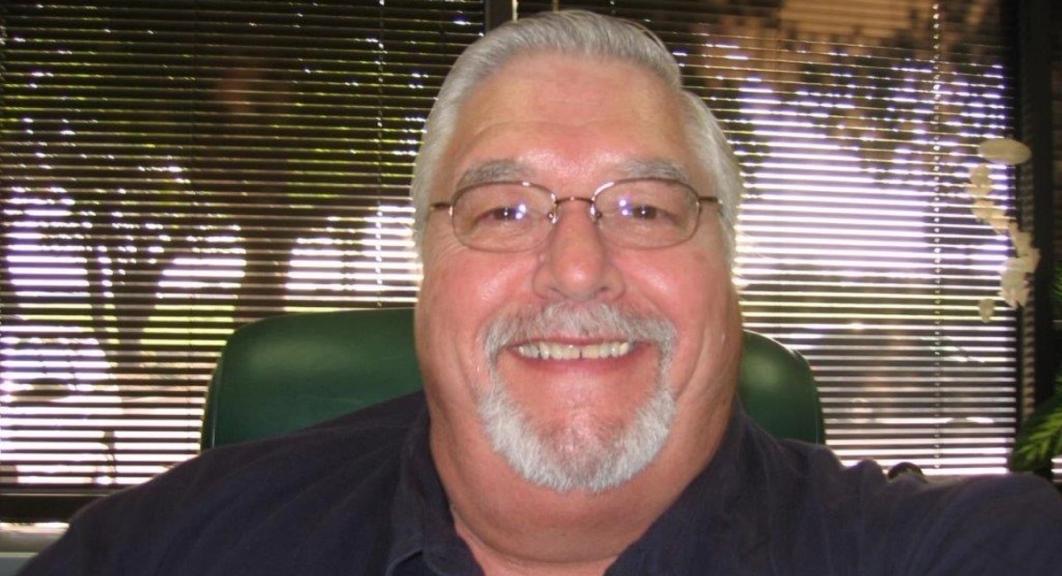
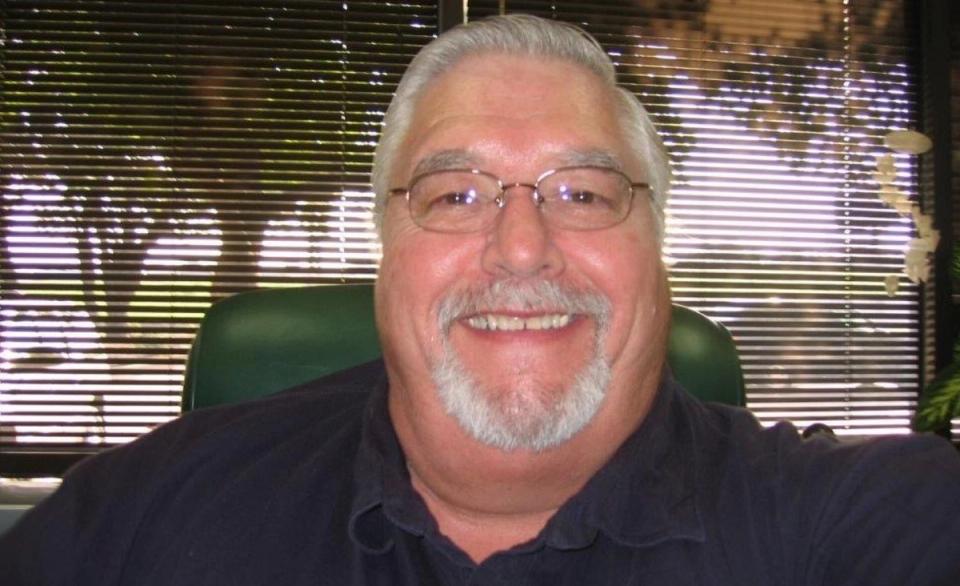


In the early 1990s, with the historic 1994 FIFA World Cup only a few years away, then U.S. Soccer Secretary General Hank Steinbrecher realized he needed someone on his staff to make sure the rank and file of the Federation -- the youth and amateur players, coaches and administrators - were looked after.
After all, these people put years of blood, sweat and tears into the game and deserved to be rewarded for their work and efforts, especially in regard to the opportunity to obtain tickets for the matches of USA '94.
Just about then, Steinbrecher discovered the perfect man for the job: Bob Black.
Black and then U.S. Soccer Executive Vice President Hank des Bordes managed to get the Federation to contribute $250,000 to the amateur and youth associations, a sizable amount considering the USSF's meager budget at the time.
Amazed and impressed at the same time, Steinbrecher did some research on Black and learned that he was a mover and shaker in North Texas Soccer and on the board of the U.S. Adult Soccer Association.
"We could use this guy," he said. "So, I flew to Dallas and interviewed him. I offered him a job to be the liaison between the Federation, the World Cup Organizing Committee, and the Deputy Secretary General of membership services. Bob said to me, 'You don't want to hire me. I had to leave school and become an electrician because my dad died. I don't have a college education.' "
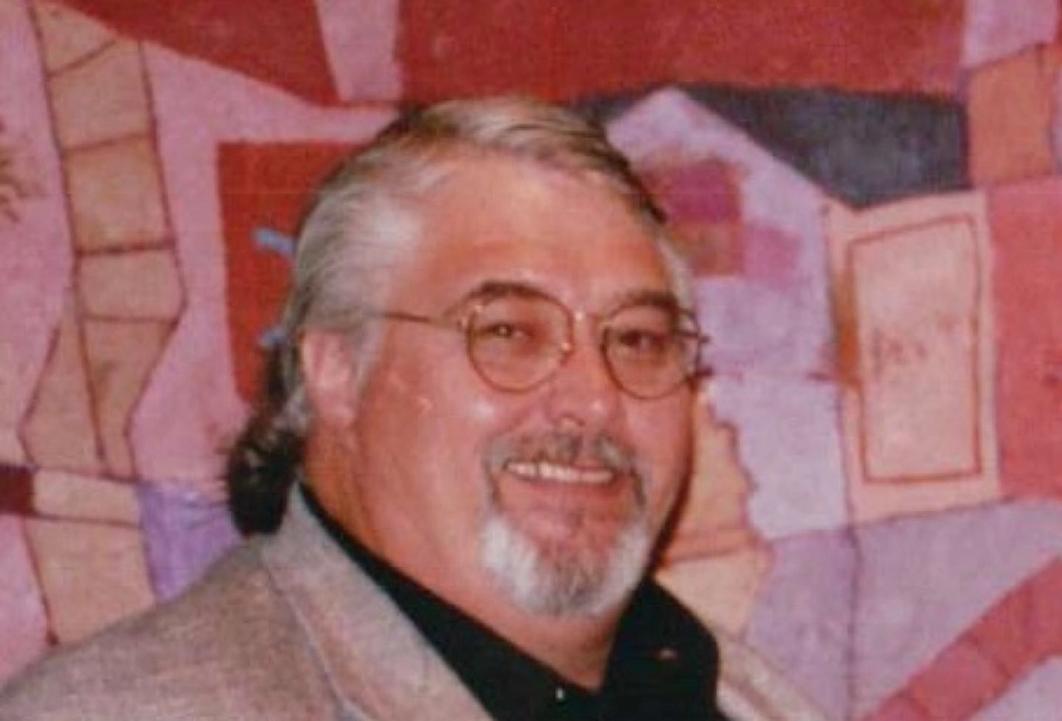
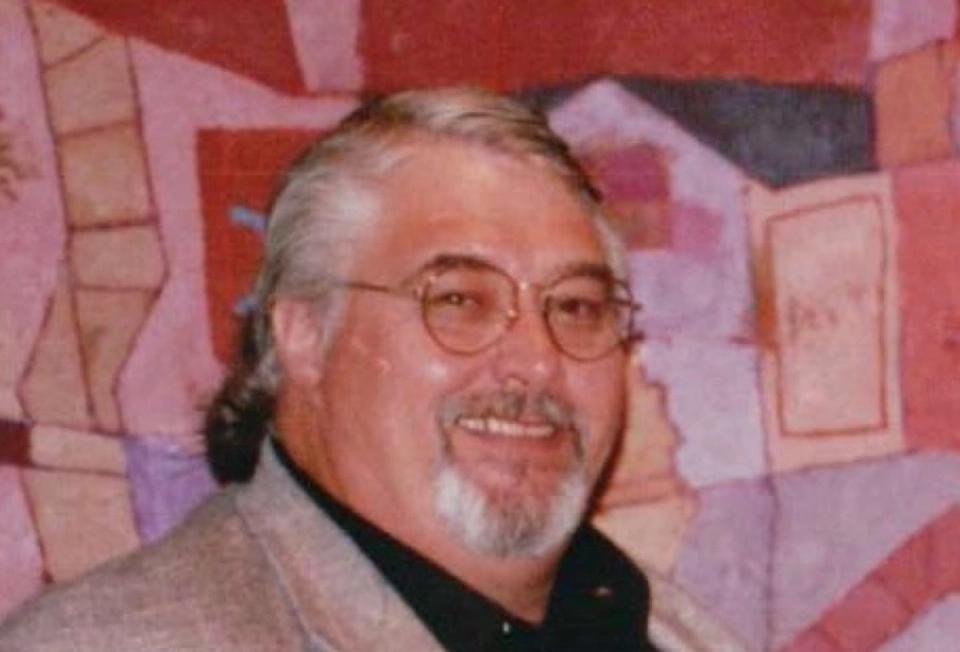
To which Steinbrecher responded: "I don't give a damn about a college education. You're smarter than all of us. Come on and work with us."
"That was the beginning of a real, long and good friendship," Steinbrecher said.
That friendship lasted almost three decades until June 6 when Black passed away after a long illness.
There is a good chance that not many people outside of the state associations or U.S. Soccer knew of Black.; His impact, however, was undeniable, as he kept things at an even keel in one of the most important behind-the-scenes roles in all of U.S. Soccer.
Perhaps former U.S. Soccer President Sunil Gulati put it best.
"Bob, in that way, was very much an unsung hero," he said. "He was simply a good guy.
"While he had a job with U.S. Soccer for a while and was on the board for a while, a lot of what he did, did not get the recognition like so many others also deserve… he did so much behind the scenes at different levels, at the youth level, at national youth level, the Federation level. He always did it in a cheerful way."
"I would call him one of the foot soldiers in the 90s,” added Thom Meredith, himself one of those core people who handled several roles during his years with U.S. Soccer:”
He covered a lot of ground, knew a lot of people."
Former U.S. Soccer CEO and Secretary General Dan Flynn remembered meeting with Black when the 1994 World Cup Organizing Committee worked out of U.S. Soccer House in Chicago on a temporary basis.
"It was really a great advantage for me," Flynn said. "As usual, Bob befriended me in a lot of ways. He said, 'Dan, anything I can help you with.' If you knew Bob, he meant that. Bob was really a good guy."
In soccer terms, Black was a crafty midfielder in the board room, being able to read the room and serve as the proper link between the Federation and the grassroots.
"He had an immeasurable impact, for me personally and also for the Federation at large, the game at large," Steinbrecher said. "He was the best political operative that I could possibly imagine, knowing the infrastructure and the ins and outs of American soccer politics. Nobody had the pulse and the understanding of that as well as Bob did. So, I relied upon him extensively - extensively to get the temperature of the organization, to get the feel of what we could get through in legislation. He was, in that regard, the best."
Those skills were no more important during the run-up to the 1994 World Cup.
Alan Rothenberg was the U.S. Soccer President at the time, having defeated Werner Fricker (1984-1990) in the 1990 election.
"There was a lot of distrust between the rank and file of U.S. Soccer and the [World Cup] organizing committee and the heads of the Federation," Steinbrecher said. "They saw us as interlopers, and Bob was extremely important as being a link between the Rothenberg era and the Fricker era."
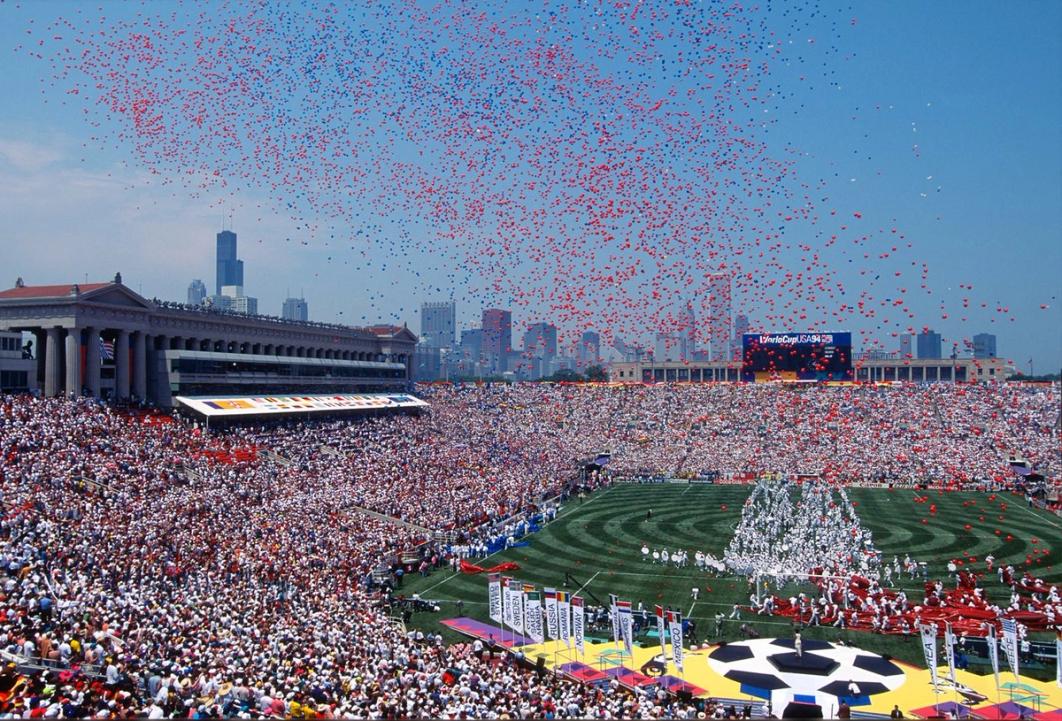
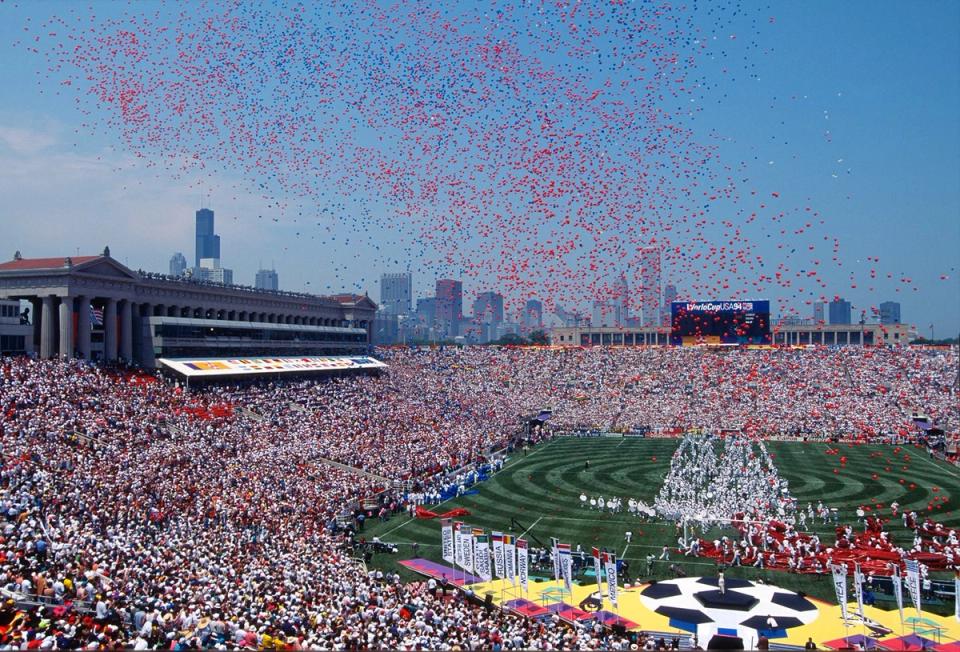
Many members in U.S. Youth Soccer and U.S. Adult Soccer Association feared they would be shut out in obtaining tickets for the games. Black turned out to be the perfect conduit. Their fears were allayed as a pre-sale plan was introduced and the tournament would go on to set World Cup attendance records that stand to this day.
"Bob had his ear to the ground with that," Flynn said. "It was very helpful for me to hear what I would say was a normal grassroots opinion about the World Cup. You get into the World Cup, you start to worry about stadiums. security, the airport, arrivals and departures and the mechanical side. There was this important membership side that we didn’t want to get lost."
With the highly successful 1994 World Cup having given soccer a much-needed kick start, Black put a lot of energy into organizing the U.S. Soccer Annual General Meetings, which took place during the summer in those days. They were pieced together with a purpose, with the youth and amateur associations in mind.
"He had a different vision about what the annual meeting could be," Flynn said. "I was in the beer business and went to the AGMs in the 80s ... It was more of a political forum and a kind of reunion/get-together. It always had an edge to it. I think Bob saw that was necessary, but it's also about all of our membership. His ideas about having separate meetings, whether it was about governance, about registration of players, were very helpful. He made it more than just you arrive, and you have your politics in the bar."
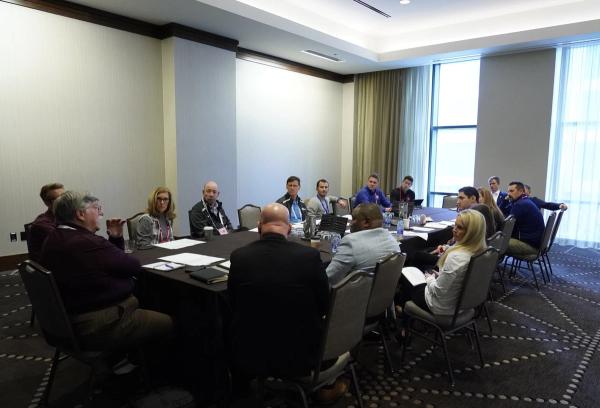

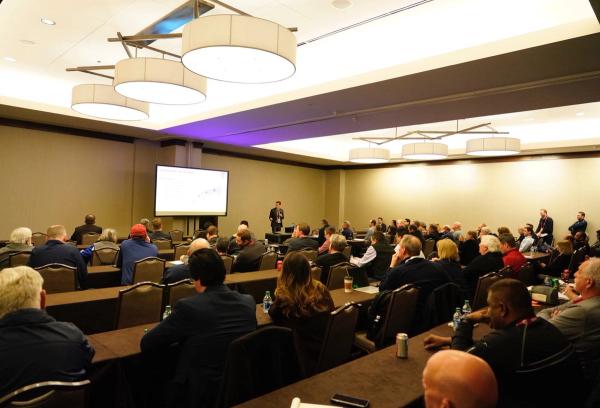

Black certainly wasn't a man of a few words, as his colleagues will attest.
"He was not shy about giving his opinion, usually in the form of run-on sentences," Steinbrecher said. "In my house, when my kids were growing up, we'd play word games. So, one night, for instance, we'd play oxymorons and we'd have to sit around and make up oxymorons and our eldest son Chad came up with one: a brief conversation with Bob Black.
"Bless his soul."
But Black knew how to listen, which was quite important in his role.
"Bob could stay up very late hours and talk to people and make them feel like they were being heard," Flynn said. "He listened. He was a great talker and a great listener."
Black also impressed Flynn with his ability to connect with the younger workers Soccer House, the Federation’s Chicago headquarters.
"With Bob being a little bit older, you could go to him for just general office advice," he said. "Bob was just somebody who would keep an eye out for some of the young people, their careers and what they were trying to accomplish. His attitude was, 'Yeah, you're around games and whatnot, but this is still a business.' I think he was helpful to people. He didn't get in the way, but he was very willing to help."
Steinbrecher also had some fond memories of Black outside of soccer. He remembered when their families moved to Chicago and worked at Soccer House, they would commute together from their homes. Sometime around Thanksgiving they had an idea.
"We thought there may be something we can do to endear ourselves to the neighborhood," Steinbrecher said, remembering there were many homeless people in the area at the time.
"Why don't we go out and get them Thanksgiving dinner and deliver it to them on our way home? It was a good idea. So, we call the local Jewel store [Jewel-Osco is a well-known Chicago supermarket chain] and we order turkey dinner for 10 people with all the trimmings."
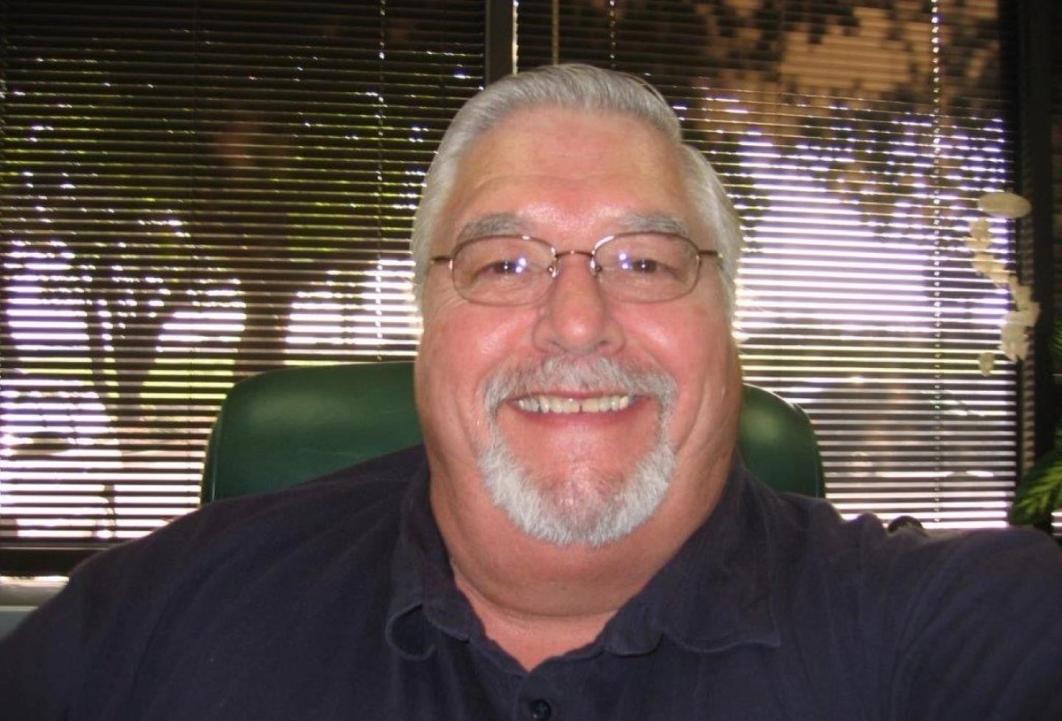
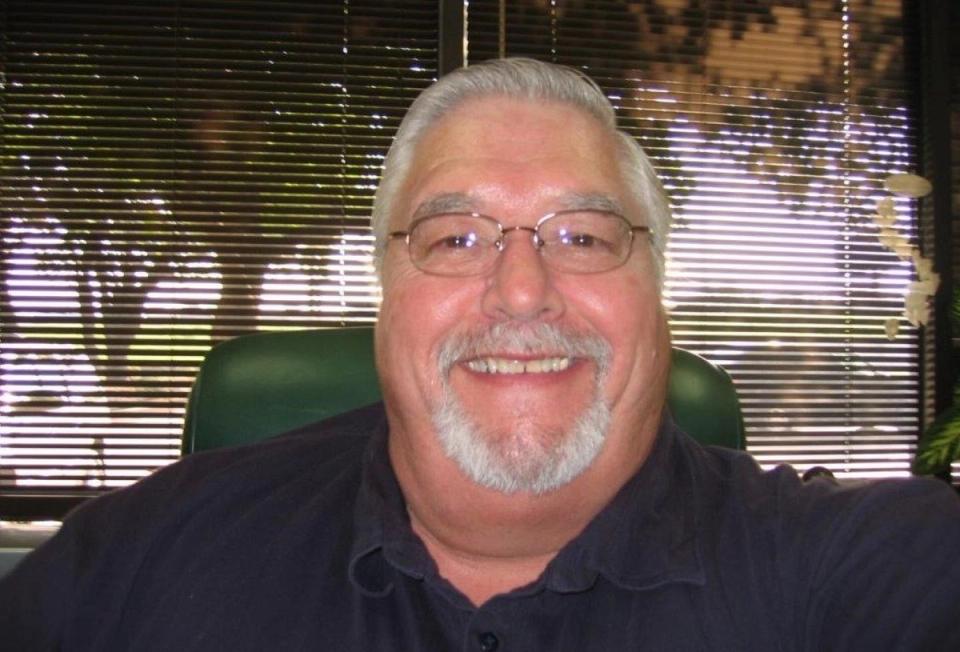
On the Wednesday night before Thanksgiving, Black and Steinbrecher left work at around 5 p.m. so they could deliver the dinners.
"We go to Jewel to pick it up and it's all frozen," Steinbrecher said.
The pair then headed back to Soccer House, where they cooked 10 meals in a little microwave oven in a small kitchenette.
"So, he and I spent hours trying to heat that turkey up," Steinbrecher said. "Now, this was before cellphones and our wives were panicked. They were so afraid that something had happened to us. It was a very memorable night."
But worth it.
Bob Black was a large man - in stature and personality.
Gulati remembered when he and Black were at an ODP camp or a National Team camp together, there was a noticeable difference in size. They weren’t the only ones to notice.
"We walked across a couple of fields and [former U.S. National Team head coach] Bob Gansler greeted us," he continued. " Bob started with, 'Coming over the hill from a distance, you guys are identical twins.' I thought that was a great line. Bob and I used to always laugh about that."
Black will be missed by family, friends and colleagues, who all know about his positive impact on the early days of the U.S. Soccer Federation's transition to a modern National Governing Body. His legacy will be carried on by all those who continue to benefit from contributions to this day.



